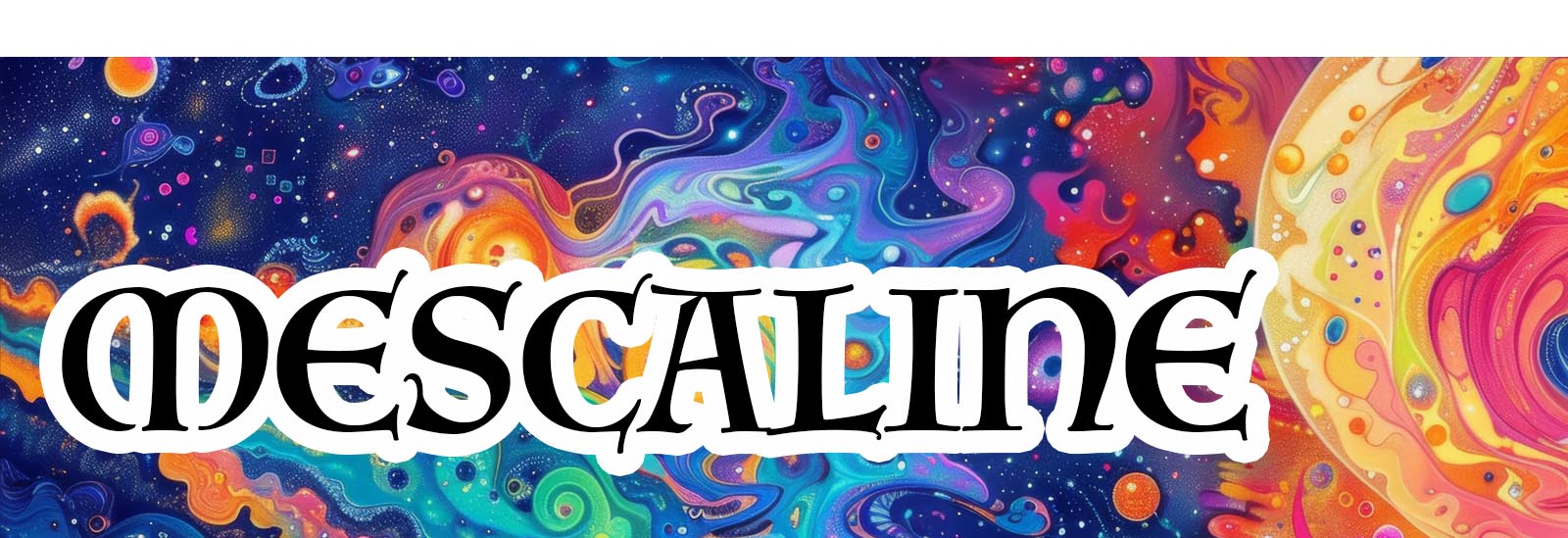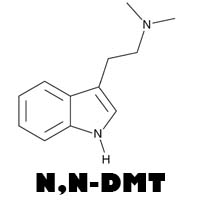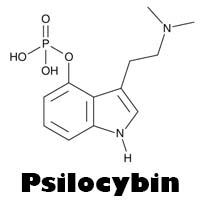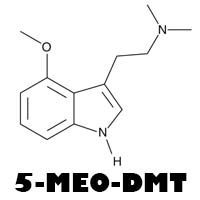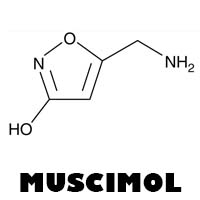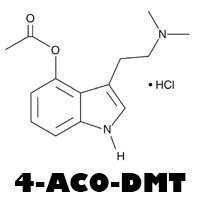History of Mescaline
Mescaline is a naturally occurring psychedelic compound found in various cacti, most notably the peyote cactus (Lophophora williamsii), the San Pedro cactus (Echinopsis pachanoi), and the Peruvian torch cactus (Echinopsis peruviana). It has been used for thousands of years by indigenous peoples in North and South America for religious and spiritual purposes.
The Western world first became aware of mescaline in the late 19th century when it was isolated and identified by German chemist Arthur Heffter in 1897. Heffter conducted the first self-experiments with mescaline, documenting its psychoactive effects.
In the early 20th century, mescaline was studied extensively by scientists and psychiatrists. One of the most famous studies was conducted by Aldous Huxley, who described his experiences with mescaline in his seminal work "The Doors of Perception" (1954). Mescaline played a significant role in the early psychedelic research of the 1950s and 1960s.
With the rise of the counterculture movement in the 1960s, mescaline, like many other psychedelics, became popular in recreational settings. However, it was classified as a Schedule I controlled substance in the United States in 1970, limiting its legal availability. Despite this, interest in its therapeutic potential has persisted, and research into its effects and applications continues.
Molecular Makeup of Mescaline
Mescaline, or 3,4,5-trimethoxyphenethylamine, is a naturally occurring phenethylamine with the chemical formula C11H17NO3. Its molecular structure can be described as follows:
- Chemical Name: 3,4,5-Trimethoxyphenethylamine
- Molecular Weight: 211.26 g/mol
- Structure:
- Mescaline contains a phenethylamine core, which is a two-carbon chain linked to a benzene ring.
- The molecule includes three methoxy groups (-OCH3) attached to the 3, 4, and 5 positions of the benzene ring.
Effects of Mescaline
Mescaline is known for its profound psychedelic effects, which can vary widely based on dose, environment, and individual physiology. Common effects include:
- Visual and Auditory Hallucinations: Enhanced colors, patterns, and shapes, as well as auditory distortions.
- Altered Perception of Time and Space: Time may appear to slow down or speed up, and spatial awareness may become distorted.
- Enhanced Sensory Perception: Increased sensitivity to light, sound, and touch.
- Emotional Intensity: Heightened emotions, which can range from euphoria to anxiety.
- Spiritual Experiences: Feelings of interconnectedness, transcendence, and profound insights.
- Cognitive Effects: Changes in thought patterns, including creativity, abstract thinking, and altered sense of self.
Typical Dosage
Mescaline is typically consumed by ingesting dried or fresh cactus, or in the form of a purified powder. Dosages are measured in milligrams (mg):
- Threshold Dose: 50-100 mg (light effects, subtle changes in perception)
- Low Dose: 100-200 mg (mild to moderate psychedelic effects)
- Common Dose: 200-400 mg (full psychedelic effects, intense hallucinations)
- High Dose: 400-800 mg (strong and often overwhelming effects)
- Very High Dose: 800+ mg (extremely intense and often difficult to manage)
The onset of effects typically begins within 45-90 minutes after ingestion, peaking at around 2-4 hours, and can last 8-12 hours or longer, depending on the dose and individual metabolism.
Safety and Considerations
Due to its powerful effects, mescaline should be used with caution. It is important to:
- Set and Setting: Ensure a safe, comfortable environment and a positive mental state.
- Dose Awareness: Start with a lower dose to gauge individual sensitivity.
- Presence of a Sober Guide: Having a trusted person who is not under the influence can help manage potential negative reactions.
- Legal Status: Be aware of the legal status of mescaline in your country or region.
Research on mescaline is ongoing, with studies exploring its potential therapeutic benefits, particularly in the treatment of mental health conditions such as PTSD, depression, and anxiety. However, due to its potent psychoactive nature, it remains a controlled substance in many areas.
